Do your kids pick up and put away their toys? Kids absolutely make crazy and wild messes but cleaning up and putting away is a priority. Why?
Do your kids pick up and put away their toys? Kids absolutely make crazy and wild messes but cleaning up and putting away is a priority. Why?
- Teaches responsibility. Children can begin to have ownership over their own areas such as their bedroom, especially as the child ages. In our home the child's responsibilities increases with their age. You may not expect a child of three to take responsibility for their mess or area but what about at five, six, seven, at eight? At some stage we need to accept that our children will benefit from taking responsibility for their actions.
- Children learn good life skills. Tidying, sorting and organising are really good life skills to have. We can help our children by teaching these skills when they are young.
- We value our environment and our home. We respect the people we share our environment with. We look after our spaces and ensure they are functional (a bedroom isn't functional if we can't move around it). We respect that others live and work in our environments.
So how can we help and encourage our children to clean up after themselves?
1. Make Your Kids Part of the Home Cleaning

Source : doctorvlad
Cleaning the house while your kids are still growing can be challenging to keep things clean, neat, and orderly when you've got young children at home, it's not impossible. In fact, the secret is to make your kids part of the solution, rather than the problem.
2. Start Them Young
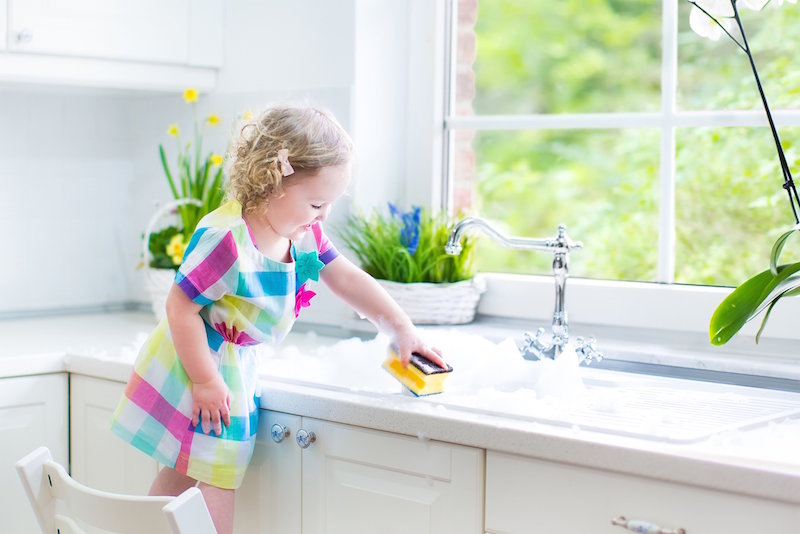
Source : biggreensmile
Toddlers love to help out and often feel such pride in their accomplishment. When cleaning and picking up is part of the expectations you establish within the family, kids catch on quickly and accept that they are an important part of making the household run smoothly and neatly. But finding tasks that are within their capability is key, she says. For 2- and 3-year-olds, that might mean putting toys back where they belong or collecting place mats after meals.
3. Have Realistic Expectations
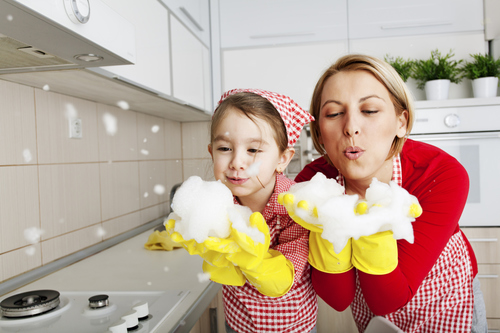
Source: squarespace
Preschoolers may not have the coordination or dexterity to neatly make their beds every morning, so a good first effort may be to have them pull the comforter up to the top of the bed. "Be proud of your child's efforts, and don't expect perfection."
4. Be Specific
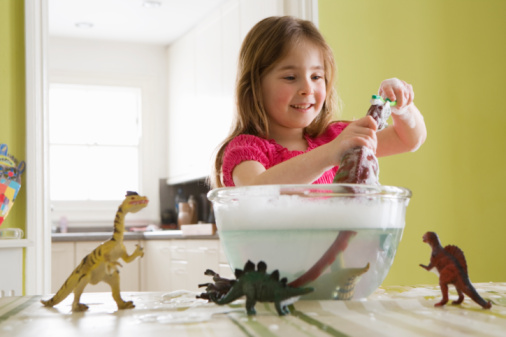
Source : KidspotWeekend
Try to give one simple instruction or direction at a time. To a 5- or 6-year-old, "Clean up your room" is an overwhelming statement, but "Put away all the cars in their container" is clearly understood,
5. Paint a Picture or Label
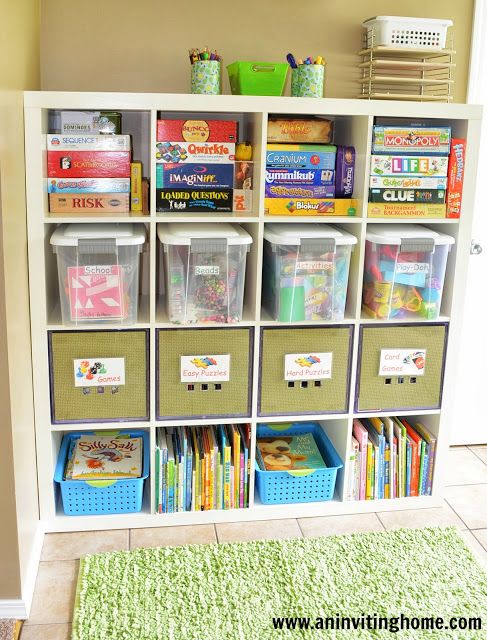
Source : pinimg
For the pre-reading set, visual aids can help ensure their success, says parenting blogger Reiser. "For instance, attach a picture of the object that goes inside each bin or box so your child knows where all the little cars or blocks go."
6. Have a Cleaning Contest

Source : pinimg
On heavy-duty cleaning days, mom would assign each child a room to clean from top to bottom. "Whoever cleaned their assigned room the quickest and the most thoroughly got a treat," mom says.
7. Give Older Kids a Time Frame
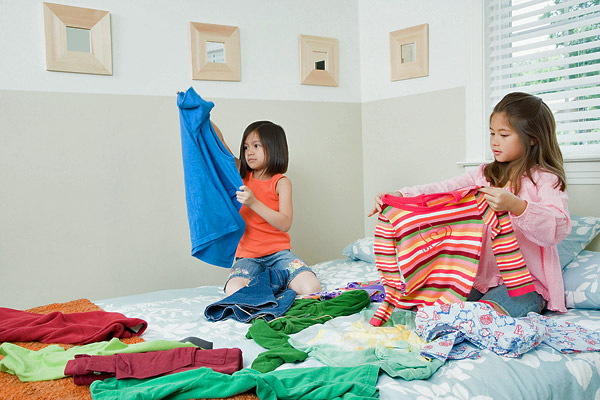
Source: learningexpressblog
Parents expect their children to do things the minute they are asked. That may be okay when the are 5 and under, but as they get older and are truly concentrating on something else, it's better to give them a time frame, such as 'before your friends leave,' 'before dinner,' or 'by the end of the weekend.
8. Don't Redo Their Work

Source: shesconnectedblog
That's sending your children the message that their work wasn't good enough. If you do that, they'll quickly grow discouraged and as a result, they won't bother to learn how to do the task properly and will rely on you to get it done.It helps if you avoid giving your kids tasks that will irk you if they're not done perfectly. "If you're a stickler for crisply folded laundry, for example, you'd be better off taking on the folding yourself and assigning the kids something you're less fussy about.
9. Show Your Appreciation

Try to be as supportive and encouraging as possible, even if the job isn't done precisely to your expectations. You should thank them for their effort rather than insincerely praising them for a less-than-successful execution, and then practice the task again together and offer helpful hints that will result in more success.
Can also read :








